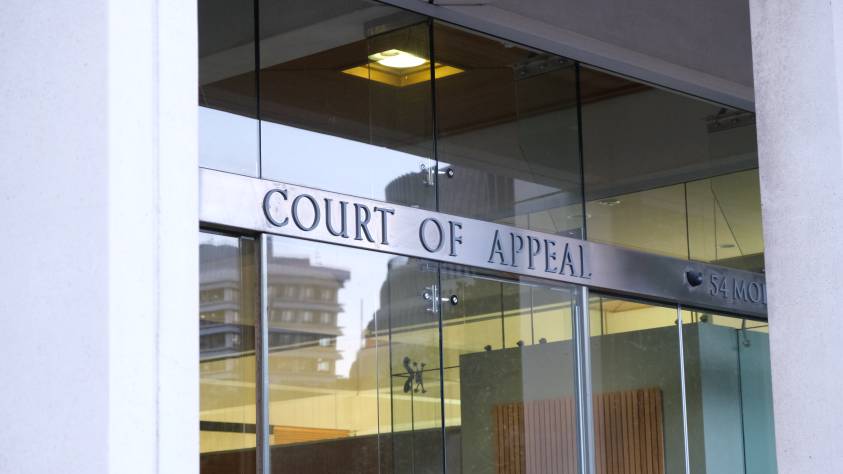Court of Appeal issues decision regarding the legality of New Zealand’s response to COVID-19

The Court of Appeal has dismissed an appeal which challenged the New Zealand Government’s response to the COVID-19 pandemic.

The appeal concerned the lawfulness of certain orders made by the Director-General of Health under section 70 of the Health Act 1956 (“section 70 orders”) which required isolation and quarantine on a nationwide basis to manage the spread of COVID-19.
The New Zealand Law Society | Te Kāhui Ture o Aotearoa intervened in the appeal as an independent, neutral participant to assist the Court because the appeal involved issues of general and wide importance.
The appellant, Dr Borrowdale, appealed the High Court’s decision on two grounds:
The High Court previously determined that the section 70 orders were not ultra vires because the Director-General had lawfully exercised his powers under the Health Act when those orders were made.
In its submissions to the Court of Appeal, the Law Society agreed with the High Court that these orders were not unlawful because earlier versions of section 70 had been used in similar ways, and therefore Parliament must have intended for the current powers to be used in this way.
The Court of Appeal was similarly satisfied that Parliament intended sections 70(1)(f) and (m) of the Health Act to be broad enough to authorise the section 70 orders, and concluded the orders were not ultra vires.
Dr Borrowdale’s second ground of appeal was that certain orders made by the Director-General unlawfully delegated decision-making powers to MBIE officials by enabling them to determine which businesses were categorised as an “essential business”.
The High Court had previously found the Director-General had not delegated his powers to officials, because the reference to the Essential Services list on the Covid-19 website was merely advisory.
On this issue, the Law Society made two submissions:
The Court of Appeal agreed with the Law Society that the Essential Services list on the Covid-19 website was not merely advisory. But it found on the basis of a careful evaluation of the affidavit evidence and drawing reasonable inferences that the Director-General had retained control over what constituted essential businesses and there had not been an unlawful delegation.
However, the Court agreed with the Law Society that the evidence tended to show the Director-General did not appear to be involved in decisions concerning exemptions from the requirement to close. Those decisions appear to have been made by Ministers. If those decisions were made without the approval of the Director-General (or without any other lawful authority), they were likely ultra vires.
The Court went on to acknowledge that there was a close link between ultra vires decisions and unlawful delegations of power. However, in the context of this case, the decisions that are likely to have been ultra vires occurred when the decision-makers assumed authority to create exemptions in circumstances where they should have been made by the Director-General.
We wish to express our gratitude to Tim Stephens, Jonathan Orpin-Dowell and Monique van Alphen Fyfe for representing the Law Society in this proceeding.